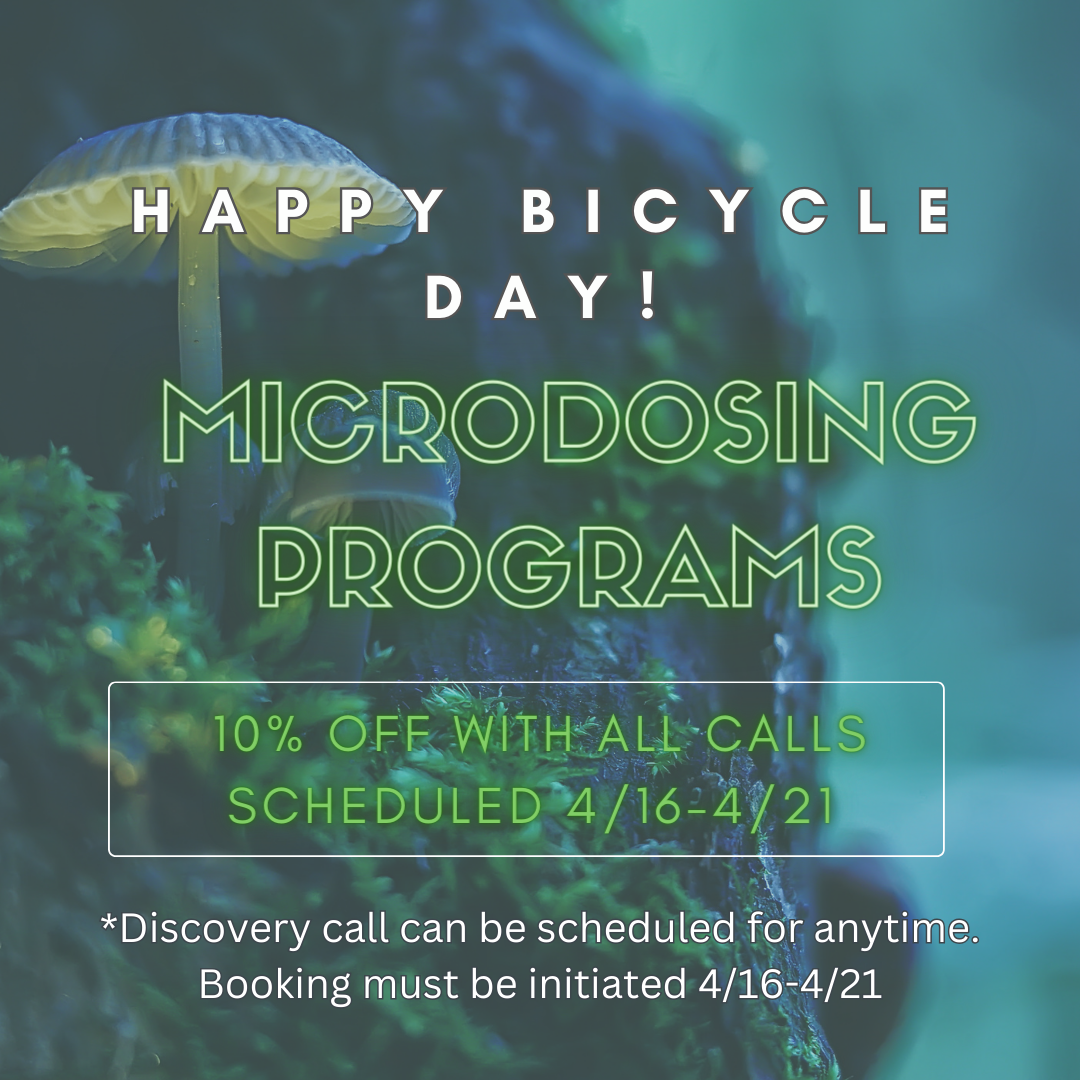Introduction
Want to know if CBD is safe to take while on antidepressants? Find out the latest conclusions.
CBD has 65 known targets in the body, including enzymes, transporters, ion channels, and receptors, which is why CBD is therapeutic in so many physical and psychological ways.
You’ve been on antidepressants for some time, and you’ve heard that CBD can help with depression. Is it safe to take them together? Many people have been able to wean off of antidepressants while opting for a more natural and plant-based way to manage anxiety and depression. Here’s what the latest research says!
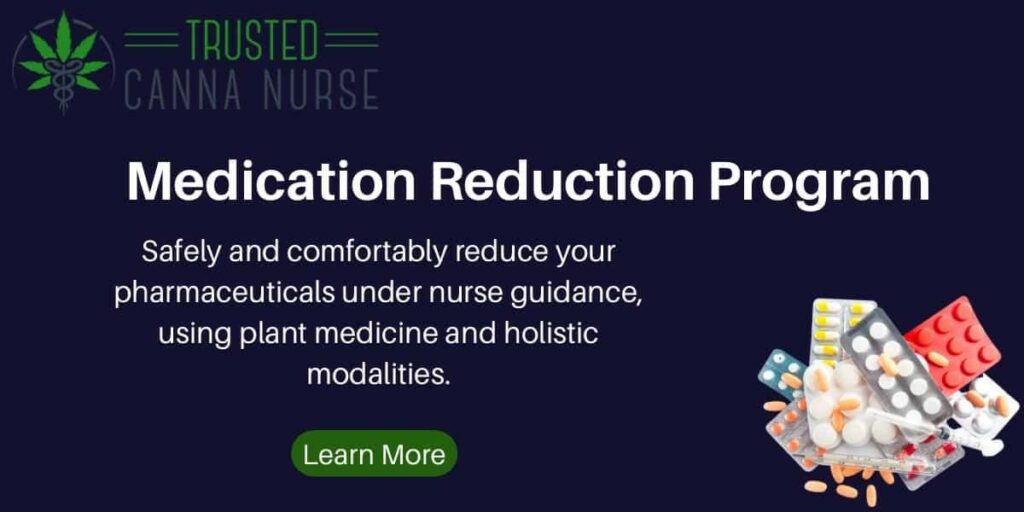
Cannabis vs CBD
While CBD comes from the cannabis plant, for the purpose of this article, CBD references mostly oral tinctures, oils, and gummies that are ingested.
Does CBD interact with antidepressants?
Before answering this question, it is important we look at what happens to CBD after ingestion. CBD oils and gummies are metabolized in the liver, through the same pathway as a select few antidepressants.
When ingested, the CBD is converted to ten metabolites including 7-OH-CBD which is the most active metabolite. These metabolites are left to combine with receptors and trigger homeostasis or boost the activity of the receptor site. When CBD attaches to a receptor site, it results in a medicinal effect. CBD and some antidepressants tend to undergo metabolism by the same liver enzyme, bringing about competition for the available receptor sites. When CBD and antidepressants are consumed concomitantly, the receptor sites tend to favor CBD metabolites, thereby leaving the antidepressants in circulation. This can lead to prolonged dosage or side effects.
When ingested, the CBD is converted to ten metabolites including 7-OH-CBD which is the most active metabolite. These metabolites are left to combine with receptors and trigger homeostasis or boost the activity of the receptor site. When CBD attaches to a receptor site, it results in a medicinal effect. CBD and some antidepressants tend to undergo metabolism by the same liver enzyme, bringing about competition for the available receptor sites. When CBD and antidepressants are consumed concomitantly, the receptor sites tend to favor CBD metabolites, thereby leaving the antidepressants in circulation. This can lead to prolonged dosage or side effects.
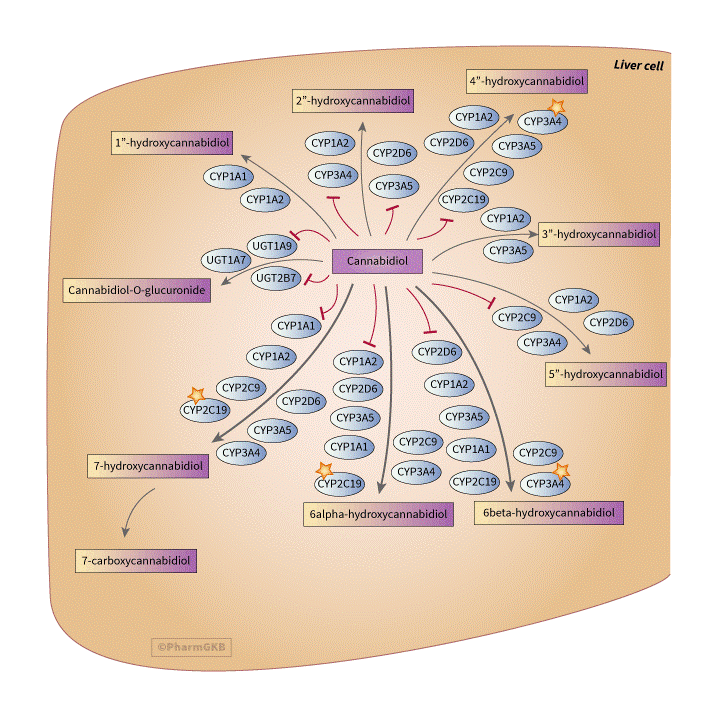
While it is certain that CBD and some antidepressants are metabolized by the same liver enzymes and may possibly undergo a potential interaction, research is showing that it’s only happening at high doses of CBD (200-800mg) and with only some antidepressants. Not all antidepressants are metabolized the same way, so let’s dig into the different types, but first, what actually happens when they interact?
What exactly does an interaction mean?
If an interaction does occur, it means that CBD and the other medications are essentially competing for the same liver enzyme. CBD usually wins, which means the antidepressant will be at higher levels in your blood, which can cause side effects.
Let a pharmacist help you!
Trusted Canna Nurse just teamed up with a board-certified pharmacist to check medications against CBD and to make sure you’re taking them safely and effectively. Every consultation gets a complementary medication check with our pharmacist. Find more information here.
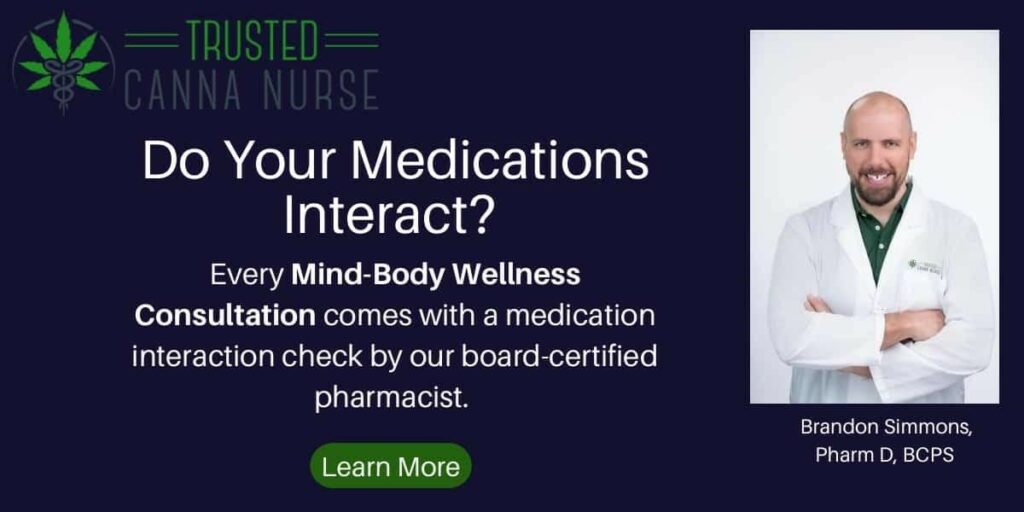
Common Antidepressants and how they interact with CBD
Can you mix SSRIs and CBD?
The most common SSRIs are Citalopram (Celexa), Escitalopram (Lexapro), Fluoxetine (Prozac), Paroxetine (Paxil), Fluvoxamine (Luvox), and Sertraline (Zoloft).
Lexapro, Celexa and CBD are metabolized by the same enzyme in the liver, which can cause an interaction. The interaction is a slowed metabolism of the SSRI (which increased plasma levels), and reported symptoms have been mild. They included nausea, diarrhea, and fatigue. Again, interactions have occurred at doses over 100mg of CBD, which is higher than what most people take. A drug interaction is not lethal, but may cause uncomfortable symptoms. Prozac, Paxil, Zoloft and Luvox and CBD are metabolized by different liver enzymes, so there is low risk for interactions with these SSRIs.
Do Tricyclic Antidepressants interact with CBD?
Tricyclic antidepressants (TCAs) like amitriptyline and imipramine (Anafranil) are metabolized by the same liver enzyme as CBD, so there is potential for interaction with high CBD doses. Common side effects of such interaction may include increased heart rate, high blood pressure, increased risk of anxiety, panic attacks, and heart attack in severe cases. Research shows that CBD can increase the levels and overall effect of TCAs like imipramine and Trimipramine.
Nortriptyline and desipramine are metabolized by a different liver enzyme than CBD, so the risk of interaction is much lower.
CAN I TAKE MAOIs AND CBD?
Monoamine oxidase inhibitors, or MAOIs, consist of Emsam (Selegiline) Nardil (Phenelzine), Parnate (Tranycypromine) and Marplan (Isocarboxazide) All of these are metabolized by different liver enzymes than CBD. However, a 2010 research study shows that MAOIs can be inhibited by THC at high doses.
SNRIs and CBD
Selective norepinephrine reuptake inhibitors, or SNRIs, include Desvenlafaxine (Pristiq), Duloxetine (Cymbalta), Levomilnacipran (Fetzima), and Venlafaxine (Effexor XR). Pristiq and Fetzima are metabolized by the same enzyme as CBD, so there is a chance for an interaction, whereas Cymbalta and Effexor are metabolized by different enzymes than CBD, so there is less of a chance of interaction. The quality research specific to SNRI’s and CBD is severely lacking to be able to give a definitive yes or no answer.

Using CBD for Antidepressant Withdrawal
CBD may hold a promise in dealing with symptoms associated with antidepressant withdrawal. These symptoms may include nausea, vomiting, insomnia, flushing, dizziness, mood swings, and others. Many people find that CBD helps with these symptoms. Remember, it acts on dozens of sites throughout the body and may play a critical role in reducing nausea, helping with sleep, decreasing stress and restoring balance. While CBD may assist with these symptoms, finding the right dose for you may take some trial and error. Remember to start low and go slow. It’s important to talk to your doctor about weaning off your medications, and Trusted Canna Nurse offers a medication reduction program to help you safely and comfortably wean. You have the right to choose to use CBD, and your doctor can’t prescribe CBD or tell you not to use. Talk with a nurse today about using CBD to manage your symptoms.
Benefits of taking CBD with Antidepressants
CBD interacts with our serotonin receptors and has been shown to increase serum serotonin. Unlike antidepressants, which can take weeks to take effect, CBD has been shown to have a more immediate effect on increasing serotonin. Some people find that the usual low doses (25-50mg) may help enhance the effects of antidepressants in what is called a synergistic effect. Others find that it helps bridge the gap with starting antidepressants. For safety, we recommend taking caution when combining CBD with antidepressants. Clinical guidance from healthcare professionals who are well-versed in both CBD and THC is very important.
Risks of mixing CBD and antidepressants
Theoretically, combining CBD that can increase serotonin with antidepressants that also increase serotonin, leads to a rare yet serious condition known as serotonin syndrome, but we so far don’t have any documented cases.
The other risk is combining the medications metabolized by the same liver enzyme, which then slows the metabolism of the antidepressant, increasing serum levels, and causing some unwanted side effects. So far, we know that those medications metabolized by the same enzyme include Lexapro, Celexa, and possibly amitriptyline and imipramine.
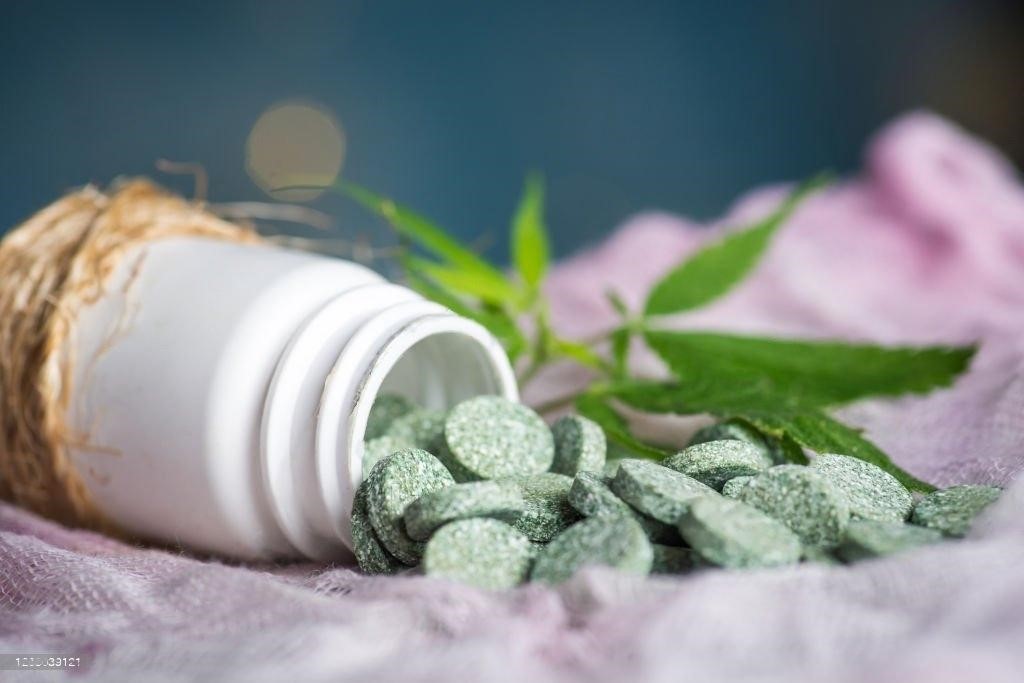
The final word on mixing CBD and antidepressants
Drug interactions with antidepressants and CBD are rare, and they appear to happen at doses over 100mg of CBD day. It all comes down to the type of liver enzyme that metabolizes the drug, and so far we know that Celexa, Lexapro, amitriptyline, and anafranil are metabolized by the same liver enzymes.
The recommendation from a cannabis nurse is to start low (low is about 50mg or less) and go slow (increase dose every few days). Track your progress with a journal. Make sure you’re taking quality CBD with test results readily available. Pay attention to how your body feels throughout the day, and remember that CBD often takes weeks of consistent dosing to bring your body’s inflammatory response.
If you’re still unsure and want a pharmacist to check, we can have a pharmacist look at your medications to make sure they don’t interact. See more here.
Last Updated on September 1, 2023 by Megan Mbengue, BSN, RN, CHPN


